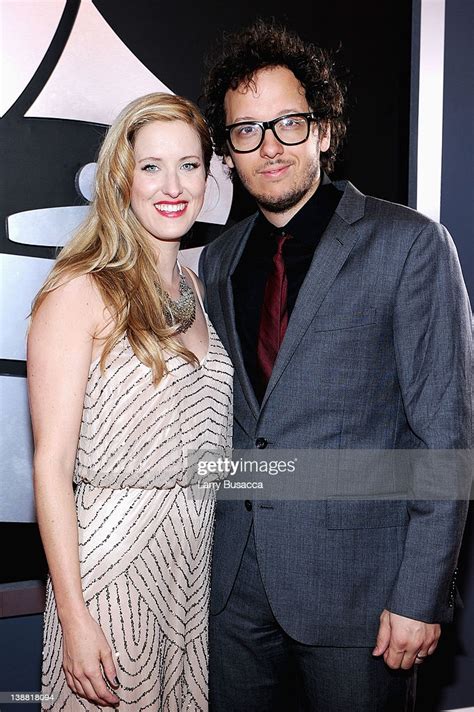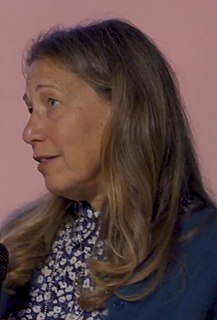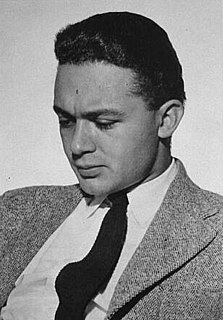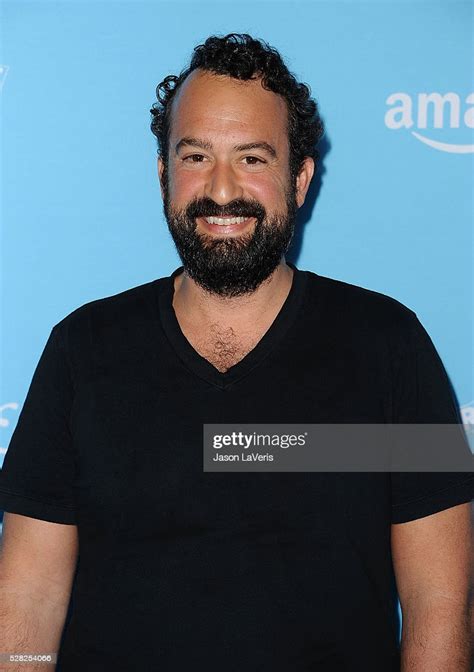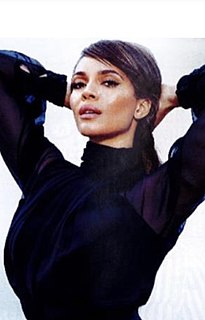A Quote by Austin Kleon
Usually, when we talk about creativity, it's about self-expression, which is great, but for work to be art or design, there has to be someone on the other end. The audience makes the work come alive.
Related Quotes
Art matters. It is not simply a leisure activity for the privileged or a hobby for the eccentric. It is a practical good for the world. The work of the artist is an expression of hope - it is homage to the value of human life, and it is vital to society. Art is a sacred expression of human creativity that shares the same ontological ground as all human work. Art, along with all work is the ordering of creation toward the intention of the creator.
People say graphic design is so different now, because you have so many more pixels and colors to work with... But when you study art history, you see there's just nothing new under the sun. Mosaics and needlework, it's all analogous to pixel and bitmap art. And with it all, good design's not about what medium you're working in, it's about thinking hard about what you want to do and what you have to work with before you start.
You don't fully understand the meaning of a work until the audience responds to it. Because the audience completes the circle, and adds a whole other shade of meaning. Whenever you view something, and this is why great works of art survive decades and centuries, is because there's a door within the work that allows the audience to walk through and complete the meaning of the work. An audience isn't passive, nor are they unintelligent.
Art is frightening. Art isn't pretty. Art isn't painting. Art isn't something you hang on the wall. Art is what we do when we're truly alive. An artist is someone who uses bravery, insight, creativity, and boldness to challenge the status quo. And an artist takes it (all of it, the work, the process, the feedback from those we seek to connect with) personally.
You just have to work really hard and throw everything into it. ... It's really hard to be an artist, and even if you do work really hard, there's no guarantee about anything. There's no advice you can give someone that things will somehow work out, but you can talk to people about how they can make art a big part of their life.
The problem of making artists talk about their work is that when they're making their work the left-brain is shut off. So if you talk to an artist about it, you're talking to someone who wasn't there. It's hopeless. And also it's insulting. It's implying that the work is not an adequate account of itself. To me, the greatest artists are almost entirely non-verbal.
Sixty-five days principle photography, five-day weeks, which is the only way I'll work. With my cinematographer Russell Boyd, we take as much time as possible before pre-production, looking at stills. The next most important thing: he will come to me and talk about lenses. And I'll see his plan, which is generally great, and I might talk about how the light will be, handheld or not? I talk very freely, and try not to talk specifically, just talk around it, because it can unlock all sorts of things.


